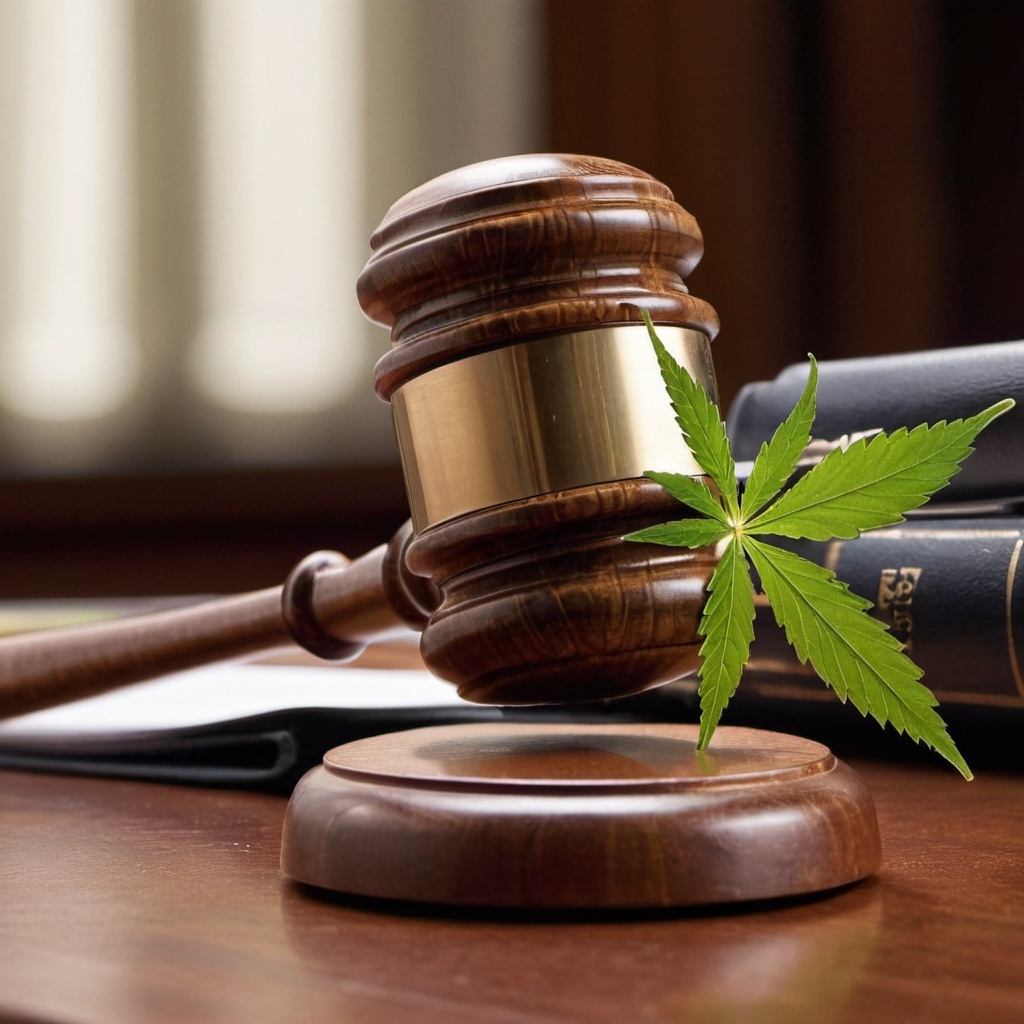Your Rights During Professional Disciplinary Proceedings: A Legal Perspective

Professional disciplinary proceedings are a critical aspect of maintaining integrity and accountability across various fields, including law, medicine, education, finance, and engineering. These proceedings are initiated when a complaint is lodged against a professional, suggesting misconduct or violation of industry standards. Understanding your rights during professional disciplinary proceedings is crucial, as these processes can significantly impact your career, reputation, and future professional opportunities.
This article explores the legal perspective on your rights during professional disciplinary proceedings, shedding light on due process, legal representation, privacy, appeal mechanisms, and more.
Understanding Professional Disciplinary Proceedings
Professional disciplinary proceedings are formal processes carried out by regulatory or licensing bodies in response to allegations of professional misconduct. Such misconduct may include ethical breaches, incompetence, criminal behavior, or violations of the code of conduct set by the governing professional body.
Each profession has its own regulatory authority, such as the Bar Association for lawyers or the Medical Board for physicians. These bodies enforce standards and conduct disciplinary actions to uphold the integrity of the profession.
Key Rights in Professional Disciplinary Proceedings
Professionals subject to disciplinary review are entitled to several fundamental rights to ensure the proceedings are fair and impartial. These rights may vary slightly by jurisdiction or governing body but generally include the following:
1. Right to Notice
Before any disciplinary action is taken, professionals have the right to be informed of the allegations against them. This notice must include a clear and concise summary of the charges, the relevant rules or standards alleged to have been violated, and any evidence supporting the complaint.
2. Right to Legal Representation
Just as in civil or criminal court, professionals have the right to be represented by legal counsel during disciplinary proceedings. Legal representation can be crucial in preparing a defense, cross-examining witnesses, and ensuring procedural fairness.
3. Right to a Fair Hearing
A fair and impartial hearing is a cornerstone of due process in professional disciplinary proceedings. The accused professional must have the opportunity to present evidence, call witnesses, and respond to the charges in a formal setting. The hearing should be conducted by an unbiased panel or tribunal.
4. Right to Confidentiality
In many cases, disciplinary proceedings are confidential to protect the privacy of both the complainant and the professional. However, if a finding of guilt is made, the outcome may be made public depending on the regulations of the professional body.
5. Right to Appeal
If disciplinary action is taken, professionals typically have the right to appeal the decision. The appeal process provides an opportunity to challenge the findings or penalties, usually on grounds such as procedural errors or new evidence.
6. Right to Be Free from Retaliation
Professionals under investigation are also protected from retaliatory actions by employers, colleagues, or the regulatory body itself. Any form of retaliation may be considered a separate violation.
Legal Strategies in Disciplinary Proceedings
Legal counsel plays a pivotal role in professional disciplinary proceedings. Here are key legal strategies professionals and their attorneys might employ:
-
Early Case Assessment: Understanding the scope and strength of the complaint early on can shape the defense strategy and guide settlement discussions if appropriate.
-
Evidence Collection: Gathering all relevant documentation, communication, and witness testimony is critical in building a strong defense.
-
Challenging Jurisdiction: In some cases, professionals can argue that the disciplinary body does not have jurisdiction over the alleged conduct, especially if it occurred outside the scope of professional practice.
-
Negotiating Settlements: Some proceedings allow for settlement or consent orders, which can resolve the matter without a full hearing while potentially minimizing sanctions.
Potential Outcomes of Disciplinary Proceedings
Depending on the nature and severity of the misconduct, professional disciplinary proceedings can result in a range of outcomes, including:
-
Dismissal of Charges: If evidence is insufficient or the allegations are unfounded.
-
Reprimand or Warning: A formal notice of misconduct, which may remain on record.
-
Fines or Penalties: Monetary sanctions to deter future misconduct.
-
Mandatory Training or Supervision: Requirements to undergo further education or practice under supervision.
-
Suspension or Revocation of License: Temporary or permanent removal from practice.
Understanding your rights can help mitigate these outcomes and potentially preserve your professional standing.
Preparing for a Disciplinary Hearing: Practical Tips
-
Consult an Attorney Early: Seek legal counsel as soon as you are notified of an investigation.
-
Document Everything: Keep detailed records of the events, communications, and your professional activities.
-
Be Professional: Maintain a respectful and cooperative demeanor throughout the process.
-
Follow Procedures: Adhere strictly to deadlines, filing requirements, and procedural rules.
Conclusion
Professional disciplinary proceedings are a serious matter with potentially life-altering consequences. However, they are also governed by principles of fairness, transparency, and due process. By understanding your rights and working with experienced legal counsel, you can navigate these proceedings more effectively and safeguard your professional future.
- Art
- Causes
- Crafts
- Dance
- Drinks
- Film
- Fitness
- Food
- Spellen
- Gardening
- Health
- Home
- Literature
- Music
- Networking
- Other
- Party
- Religion
- Shopping
- Sports
- Theater
- Wellness


